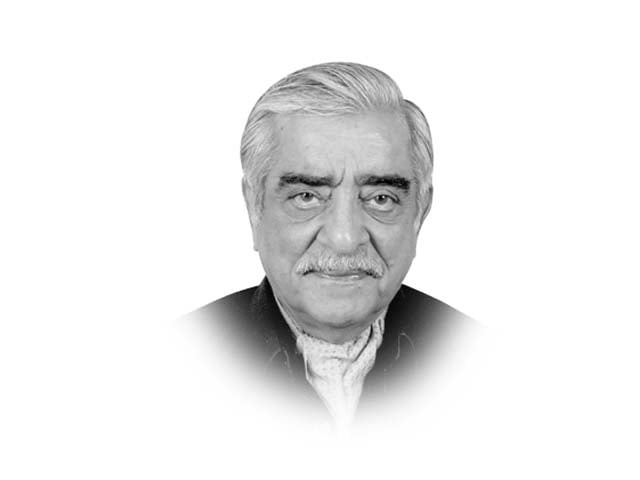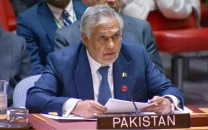Pakistan and Afghanistan reconciliation — VII
Pakistan must strive to reconcile and bring stability in Afghanistan, because the cost of not doing so is too high.

Pakistan and Afghanistan reconciliation — VII
Some of Afghanistan’s other neighbours and near neighbours may see advantage in having the present situation continue, some to discomfit the Americans and some to discomfit Pakistan. I am convinced, however, that if Pakistan is seen to be sincere, it can, along with the rest of the international community, persuade these potential spoilers to recognise that the economic and political benefits of a stable Afghanistan would far outweigh the transient advantages to be gained from interfering in the Afghan reconciliation process. At the recent Dushanbe Summit, Russia, Pakistan, Afghanistan and Tajikistan agreed to work more closely to combat extremism and drug trafficking and to cooperate on regional energy projects and transport corridors.
Pakistan’s extremist parties have since the 1980s seen the Taliban/Mujahideen presence in Pakistan as a ‘strategic asset’. They will scream betrayal. But the problem of the external assistance received by these parties has to be tackled. Better now than when they have grown even stronger. Let me suggest that if the mantle of protection they believe exists is removed, the stridency of their protests will die down. While acknowledging that even with the best of Pakistan’s efforts, reconciliation will not succeed or will not bring stability, we must try because the cost of not doing so is too high. Last year, according to data collected by the Pakistan Institute of Policy Studies, there were 2,113 terrorist attacks in Pakistan in which 2,913 persons were killed and another 5,824 were injured. This year the figure will probably be higher.
Today, the internal turbulence in Balochistan — both sectarian and political — fuelled by external or indigenous sources is certainly helped by the presence of the Taliban. Chaman is more a Taliban than a Pakistani city; the Pashtunabad and Kharotabad areas of Quetta remain largely no-go areas, as do the refugee camps along the border. Smuggling of goods, narcotics and humans across this border continues unabated. The capacity of our civil administration to enforce the government’s writ and correct this situation has declined, but the problem has been exacerbated by the perception that forces in Islamabad would not support any such effort. Can there be a political accommodation in Balochistan, which we all crave, without these factors being addressed?
Further along our border, North Waziristan, strategic parts of Kurram and Khyber Agency remain outside government control. Despite repeated operations, our control in the other four agencies is tenuous. The kidnapping of 30 children in Bajaur by the Tehreek-i-Taliban Pakistan (TTP) indicates just how fragile the success of our most recent operation has been.
Al Qaeda’s safe sanctuaries in the area depend not only on local militants but also on the Afghan and other foreign insurgents that have control of the area. A nexus exists between the TTP and the Afghan Taliban. The six attacks launched from Kunar and Nuristan, and also from Khost by Mullah Fazlullah of the Tehreek-e-Nafaz-e-Shariat-e-Muhammadi and Maulvi Faqir Mohammad of the TTP, could not have taken place without Afghan insurgent support within Afghanistan. It is logical to assume that the suicide bombers sent into Afghanistan and those wreaking havoc in Pakistan’s cities come from jointly run indoctrination centres. How long can we postpone an effort to rectify this situation?
These recommendations are not being lightly made. The gravity of the situation must be recognised. The prime minister or the president should convene a meeting of all concerned to debate such a change of policy and make decisions in time for the Istanbul meeting in November of all Afghanistan’s neighbours and near neighbours.
(Concluded)
Published in The Express Tribune, September 8th, 2011.



















COMMENTS
Comments are moderated and generally will be posted if they are on-topic and not abusive.
For more information, please see our Comments FAQ